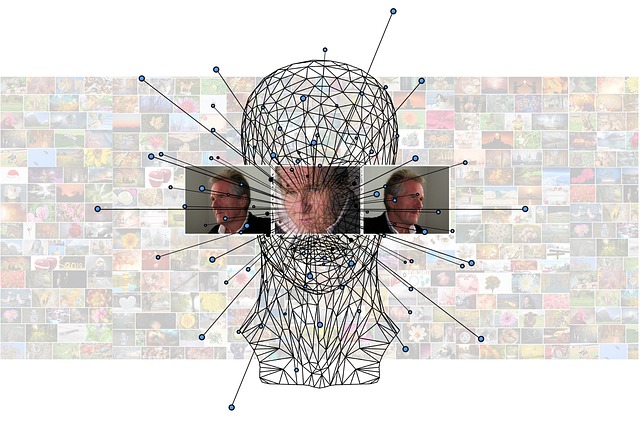Imagine a world where machines understand human emotions, anticipate needs, and make intelligent decisions on their own. This is not a distant future; this is the realm of cognitive programming. This cutting-edge concept is transforming robotics, artificial intelligence (AI), and business automation, creating systems that can learn, adapt, and improve in ways we once thought were exclusive to humans.
Robotics has always been at the forefront of technological innovation. With the integration of cognitive programming, robots are evolving from mere tools to intelligent companions. Picture a robot that not only performs tasks efficiently but also interacts with humans in a friendly and empathetic manner. These robots can interpret verbal cues, recognize emotions, and respond accordingly. By bridging the gap between human intuition and robotic precision, cognitive programming is setting the stage for a new era of collaborative robots that can work alongside us seamlessly.
Artificial intelligence is another field experiencing a seismic shift thanks to cognitive programming. Traditional AI systems often operate within a rigid framework, executing pre-defined commands without understanding the context. However, with cognitive programming, AI can process vast amounts of data, recognize patterns, and make informed decisions based on real-time information. This ability to learn from experience allows AI models to evolve, making them more proficient over time. Consider virtual assistants that not only perform tasks but also understand your habits and preferences, providing a personalized experience that truly feels intuitive.
Business automation is undergoing a similar renaissance. As organizations strive for efficiency, cognitive programming is becoming a game-changer. By leveraging intelligent algorithms, businesses can automate complex processes that were once cumbersome and time-consuming. Imagine automating not just mundane tasks but also strategic decision-making processes. Smart systems can analyze market trends, predict customer behaviors, and even recommend business strategies, all while minimizing the room for error. This level of automation empowers companies to focus on innovation and growth while leaving repetitive tasks to their intelligent counterparts.
The transformative power of cognitive programming is creating a more interconnected world where humans and machines collaborate harmoniously. As we continue to explore and enhance this technology, we stand on the brink of a revolution that redefines our relationship with machines. The future is not just about automation; it’s about intelligent solutions that resonate with our human instincts, shaping a better tomorrow.




